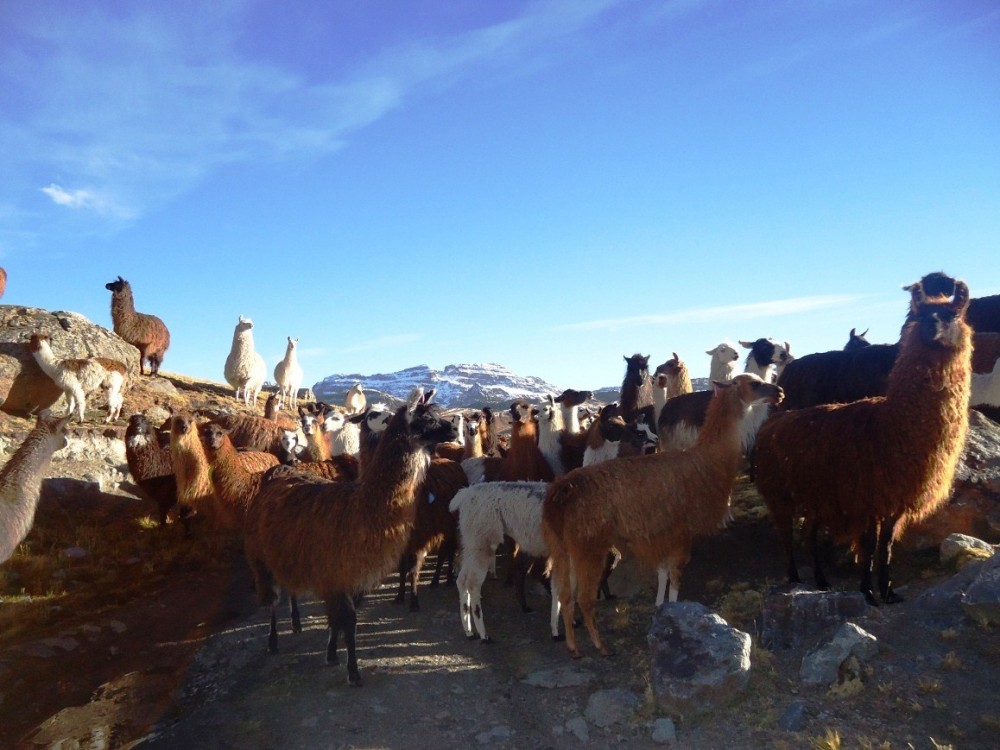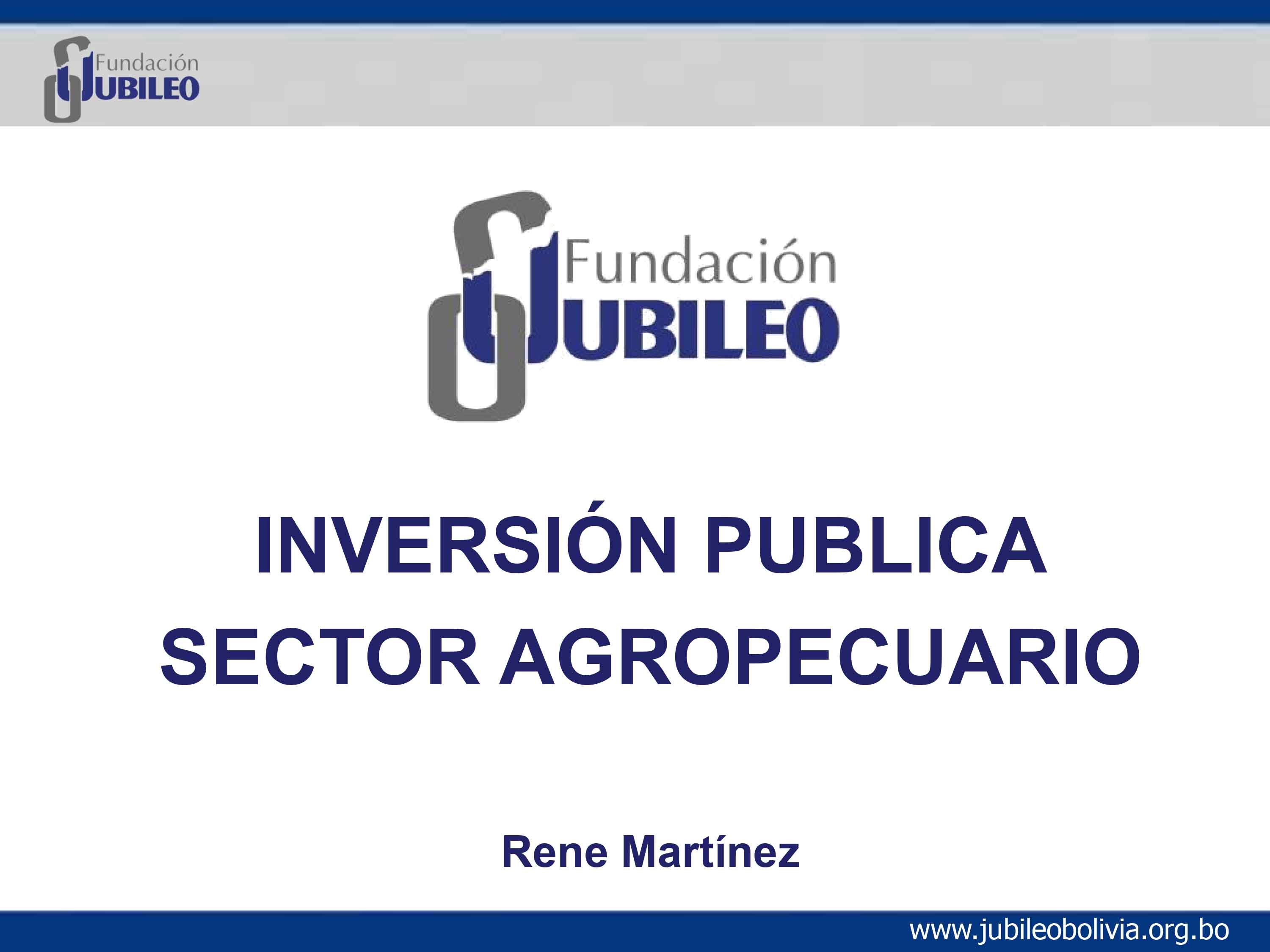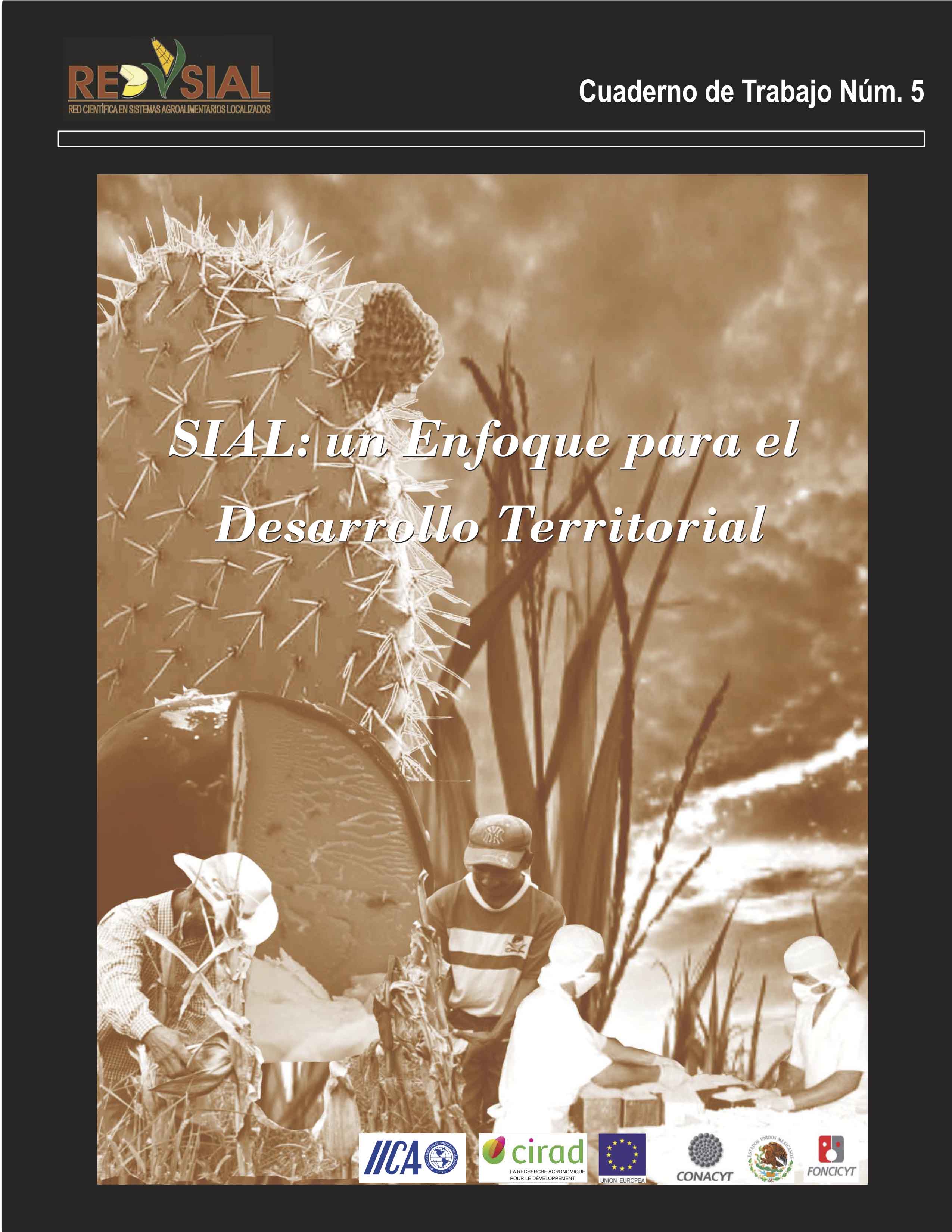Can There Be Growth with Equity? An Initial Assessment of Land Reform in South Africa
The authors use evidence from a survey of about 1200 beneficiaries of South African land reform to assess the performance of the initial phase of the land reform program. They find that the program has not lived up to the quantitative goals set, but did successfully target the poor. It has led to a significant number of economically successful projects that already generate sustainable revenues.






